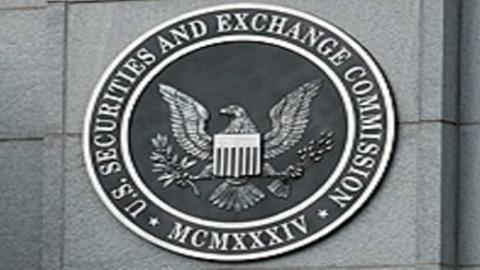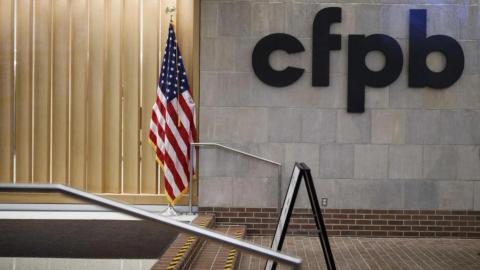Future Banking Unleashed: EBAday 2025 and the Evolution of Banking Ecosystems
In the rapidly evolving world of payments, infrastructure plays a crucial role in supporting innovation and collaboration. This theme was prominently featured at EBAday, where industry leaders gathered to discuss the future of banking and payments. Infrastructure in payments is essential for ensuring that even the most advanced technologies can function optimally.
The Importance of Infrastructure in Payments
Ehrmann, a key speaker at the event, highlighted how the director of the Louvre emphasized the need for continual maintenance and improvement of infrastructure behind great masterpieces. Similarly, in the payments industry, innovation thrives on a well-structured foundation. He stated, “Innovation doesn’t happen in a vacuum – each breakthrough builds on the ones before it.”
Collaboration and Regulatory Challenges
During the opening panels, experts discussed the potential of collaboration among financial institutions and the significance of proactively engaging with regulators. The conversations revolved around:
- Embracing incoming regulations
- Utilizing emerging payment technologies
- Addressing geopolitical risks
Geopolitical Risks Impacting Financial Institutions
The first conference session, moderated by Olivier Denecker, featured a CEO roundtable on ‘The Future of Banking and Payments’. Notable participants included:
- Christian Rhino, CIO of Deutsche Bank
- David Watson, President and CEO of The Clearing House
- Hays Littlejohn, CEO of EBA Clearing
Denecker pointed out that the fintech sector is valued at $2.5 trillion and has been experiencing significant growth, particularly in instant payments, which have surged by 50% annually. However, he also noted several challenges:
- Regulatory complexities
- Inflation rate volatility
- Cybersecurity risks
- Geopolitical conflicts
Littlejohn expressed optimism about the future of instant payments, suggesting that “instant will become the new normal.” He also discussed the dual nature of regulations, using ISO20022 as an example of how regulation can stimulate positive change, while warning against excessive compliance burdens.
Proactive Engagement with Regulators
Rhino concurred that the payments industry must take a proactive stance in working with regulators to foster growth and innovation. A poll conducted during the session indicated that geopolitical instability and de-globalization were seen as the top challenges for the industry over the next few years.
Fragmentation and Interoperability in Global Payments
Watson emphasized the importance of maintaining global interoperability in financial transactions, pointing out that SWIFT currently handles less than 5% of global transactions. He noted how US banks are advocating for regulatory changes proactively, compared to Europe, where such initiatives are often lagging.
As the panel concluded, Denecker asked the audience about their priorities for the upcoming years, with many citing compliance and regulation as their main focus, followed closely by the development of new products and value propositions.
Innovative Collaboration Shaping Payments
The second session, ‘Strategic Roundtable: Innovative Collaboration – Building Ecosystems of the Future’, was moderated by Chris Skinner and featured industry leaders like Gayathri Vasudev from JP Morgan and Marc Recker from Deutsche Bank. They discussed the role of regulation in advancing payment systems.
Vasudev noted that public sector mandates in regions like Europe and India have propelled the adoption of instant payments. Recker highlighted the need for standardization and collaboration among banks to foster innovation and streamline processes.
The Future of Blockchain in Payments
When discussing blockchain, Recker clarified that while it is not essential for instant payments, it holds potential for optimizing asset management and reducing costs. He remarked that blockchain technology is on an upward trajectory but has not yet reached its full commercial utility.
In summary, as the payments landscape continues to evolve, the importance of infrastructure, collaboration, and proactive regulatory engagement will be critical in shaping its future. For more insights on the payments industry, visit Finextra for the latest news and trends.







